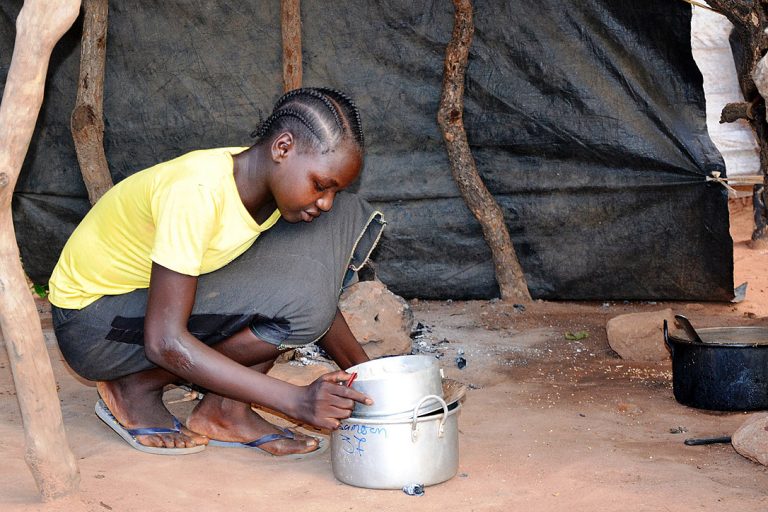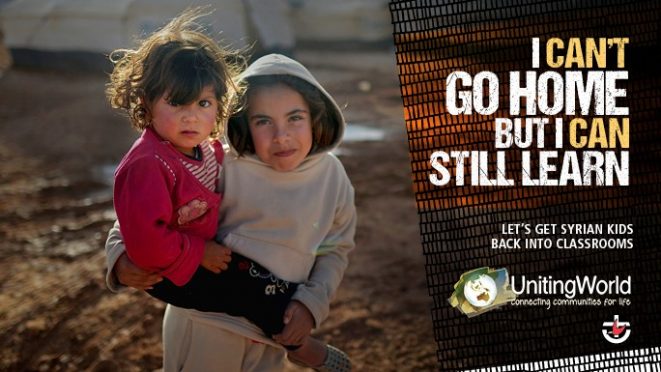At least 44 people were killed and more than 100 wounded after suicide bombers targeted two Coptic churches in northern Egypt during Palm Sunday celebrations.
The first blast was inside St George Coptic church in the Nile Delta town of Tanta, north of Cairo, killing 27 people and injuring 78.
A second bomb was detonated in front of St Mark´s church in Alexandria on the country’s north coast after a suicide bomber tried to storm the entrance but was stopped by police. 17 were killed in the attack and at least 48 were injured.
As we grieve this tragic loss of life and attack on the Church body, we hold our Coptic brothers and sisters in prayer.
Prayer for the Coptic Church in Egypt
On this Holy Week,
As we journey with Jesus to the cross,
We hold our brothers and sisters in Egypt in prayer.
We pray for the congregations in Alexandria and Tanta,
We pray for Coptic Pope Tawadros II,
and the families of the victims.
May our condolences be a support in their sorrow,
May the passion of Christ be their solidarity
as communities in the process of counting of their losses.
If one part of the Body of Christ is suffering, all members are suffering.
We pray for Coptic communities in Australia,
In the face of this brutality, we speak faith-inspired peace.
Where there are hateful deeds, we pray for good will and actions.
In the world of religious diversity,
We pray for Muslims and Christians, and people of all faiths.
Be unified in the common good of humanity.
May their interfaith dialogue be a pathway towards understanding and respect.
We pray for national leaders to work in collaboration for the people
May they recommit to upholding religious rights.
We also pray for ourselves
In this Holy Week, we look to each other.
Where fear distorts people’s judgement,
Let us step forward and lay our burdens onto the Cross.
Where anger intensifies violence,
Let us put the sword away and proclaim compassion to all.
In this Holy Week, we look deeply into the Passion of Jesus.
Where hopelessness rests in the minds of many
Let us listen to the cry of Jesus.
In the emptiness of his forsakenness,
There rests the source of perpetual truth
– His passion is our path of salvation.
-Rev Dr Ji Zhang
Read more:
World Council of Churches condemns terror attacks on churches in Egypt, calls for end to violence
Egypt declares three-month state of emergency after Palm Sunday church bombings kill 44

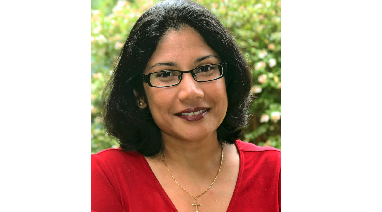


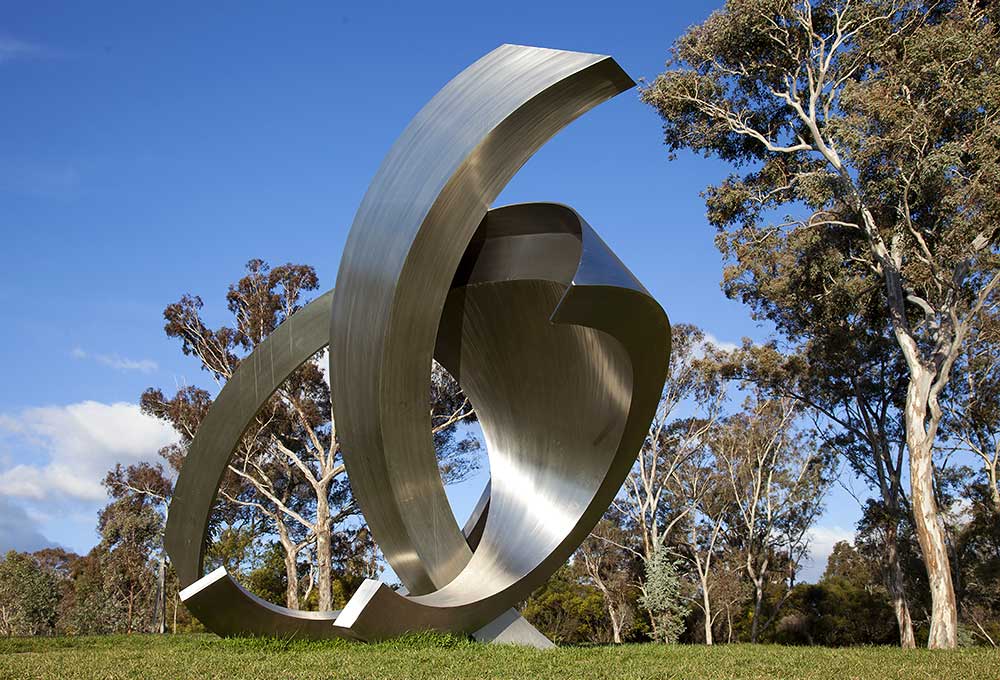



 resources and learn from one another’s experiences.
resources and learn from one another’s experiences.
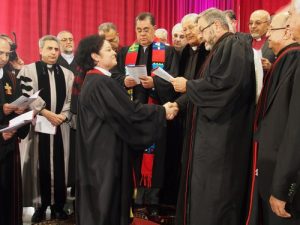

 Dr Sabra then presented Preacher Kassab with a Holy Bible, in the name of the Synod.
Dr Sabra then presented Preacher Kassab with a Holy Bible, in the name of the Synod.